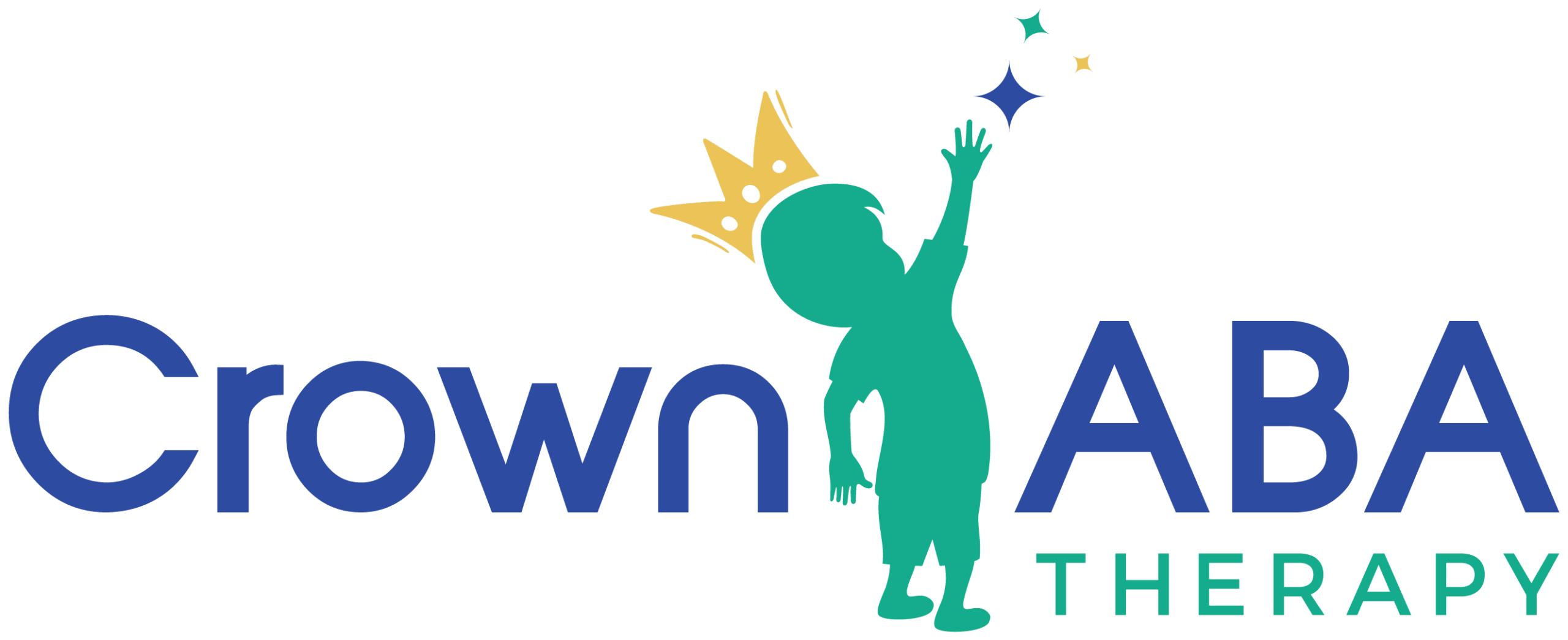Key Points:
- Antipsychotics are sometimes used to manage severe behavioral challenges in individuals with autism, including aggression and irritability.
- Only two antipsychotic medications are FDA-approved specifically for autism-related symptoms, but others are used off-label.
- Benefits must be weighed against potential side effects, and antipsychotics are most effective when combined with behavioral therapies.
When supporting a child or teen with autism, managing behavioral challenges like aggression, severe irritability, or self-injury can be overwhelming. While behavioral therapy is the foundation of autism support and treatment, some families explore medications to help reduce the intensity of certain symptoms.
That’s where understanding antipsychotics and autism becomes crucial. These medications are not used to treat autism itself but are sometimes prescribed to manage co-occurring symptoms that interfere with daily life.
Can Antipsychotics Help in Autism Treatment?
Yes. Antipsychotics can reduce severe irritability, aggression, and self-injurious behaviors in individuals with autism, especially when other strategies haven’t worked.
What Are Antipsychotics and Why Are They Used in Autism?
Antipsychotics are a class of medications originally developed to treat serious mental health conditions like schizophrenia or bipolar disorder. However, over time, research has shown that some antipsychotics can be effective in helping manage challenging behaviors in children and adults with autism spectrum disorder (ASD).
For people with autism, these medications are most commonly used to reduce:
- Severe irritability
- Aggression or tantrums
- Self-injurious behavior
- Mood instability
It’s important to understand that antipsychotics do not address the core symptoms of autism, like difficulties with communication or social interaction, but they can create a more stable environment for learning and growth when behavioral challenges are intense.
Which Antipsychotics Are Approved for Autism?
Currently, only two antipsychotic medications are FDA-approved specifically for use in autism-related behavioral issues: Risperidone and Aripiprazole. The following list will clarify your options and help you understand how each antipsychotic works in the context of autism.
1. Risperidone (Risperdal)
Approved for children and adolescents aged 5 to 16, antipsychotics are commonly used to manage irritability, aggression, and mood outbursts in individuals with autism. These medications are well-researched and widely prescribed, often leading to a significant reduction in severe behavioral symptoms. However, some individuals may experience side effects such as weight gain, fatigue, or hormonal changes.
2. Aripiprazole (Abilify)
Approved for children and adolescents aged 6–17, this medication targets irritability, aggression, and hyperactivity—similar to Risperidone. It may be better tolerated by some due to fewer metabolic side effects, though it can cause restlessness, sleep issues, or nausea in certain individuals.
Other antipsychotic medications, such as quetiapine (Seroquel), olanzapine (Zyprexa), and ziprasidone (Geodon), are sometimes used off-label. However, these are generally prescribed only when first-line options aren’t effective or are not well tolerated.
What Are the Risks and Side Effects of Antipsychotics?
Like any medication, antipsychotics come with risks. The key is to weigh the potential benefits against the side effects and to monitor the child closely, especially during the first few weeks of treatment. Here are some of the most important risks to be aware of.
- Weight gain
- Increased appetite
- Fatigue or drowsiness
- Hormonal changes (e.g., elevated prolactin levels)
- Restlessness or agitation
- Tardive dyskinesia (involuntary movements)
- Blood sugar and cholesterol changes
- Sedation or low blood pressure
- Seizures (rare)
Because of these risks, pediatricians or psychiatrists typically start with the lowest effective dose and gradually adjust if needed. Regular check-ins, blood work, and physical exams are part of the safety process. Parents should always report any concerning changes in behavior, weight, or physical symptoms to the prescribing doctor promptly.
When Are Antipsychotics Considered for Autism?
Antipsychotic medications are not recommended for mild behavioral issues or typical mood swings. They are typically considered only when behaviors become so intense that they interfere with safety, learning, or quality of life.
A child may be considered for antipsychotic treatment if:
- Behavioral therapy alone hasn’t reduced aggression or self-injury
- The behavior poses a risk to the child or others
- Sleep and daily functioning are severely disrupted
- Other non-medication interventions have been tried without success
Antipsychotics are most helpful when they are part of a comprehensive treatment plan, which usually includes therapy, educational support, and regular monitoring.
 How Do Antipsychotics Work With ABA Therapy?
How Do Antipsychotics Work With ABA Therapy?
Medication and behavioral therapy often go hand in hand. While antipsychotics can reduce the severity of outbursts or aggression, ABA therapy (Applied Behavior Analysis) teaches children the tools they need to communicate, regulate emotions, and learn new skills.
In fact, many parents and clinicians find that behavioral therapy becomes more effective once medication helps stabilize severe behaviors. The goal is not to rely on medication long-term, but to use it as a bridge while a child builds coping strategies through therapy. Exploring Naltrexone Treatment and Its Impact on Autism Symptoms highlights one such option, showing how targeted medication can support progress. Together, medication and ABA create a structured path toward independence and daily success.
Finding the Right Balance for Your Child
Every child with autism is different. What works for one may not work for another. That’s why decisions about antipsychotics should always be made collaboratively between parents, doctors, and therapists, based on the specific needs of the child.
Questions to ask your healthcare provider include:
- What symptoms are we trying to treat?
- What other strategies have we tried?
- What are the short- and long-term side effects?
- How will progress be monitored?
- How will this medication work with therapy?
Having this information helps ensure that your child’s treatment plan is safe, thoughtful, and aligned with long-term goals.
Build a Better Foundation with ABA Therapy
While medications like antipsychotics may support severe behavioral symptoms, long-term growth happens through skill-building and positive reinforcement. ABA therapy helps children with autism learn how to manage emotions, communicate effectively, and navigate everyday challenges.
At Crown ABA, we offer high-quality, compassionate ABA therapy in Maryland, tailored to each child’s unique strengths and needs. Whether your child is starting therapy for the first time or looking for extra support, our team is here to help.
Let’s work together to create lasting change. Contact us today to learn more about how we can support your child through expert ABA services.





